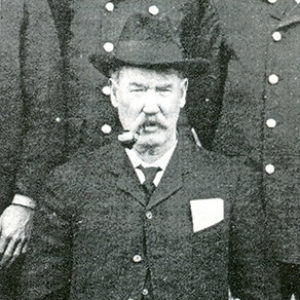 Hercules King Cannon White
Hercules King Cannon White
Entry Category: Government and Politics - Starting with W
 Hercules King Cannon White
Hercules King Cannon White
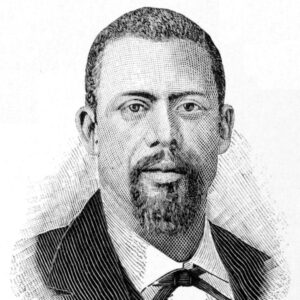 James T. White
James T. White
Whiteside, John Garrett
Whitewater Scandal
Whittington, Hiram Abiff
 Wilbur D. Mills Dam
Wilbur D. Mills Dam
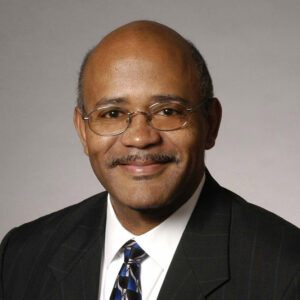 Hank Wilkins
Hank Wilkins
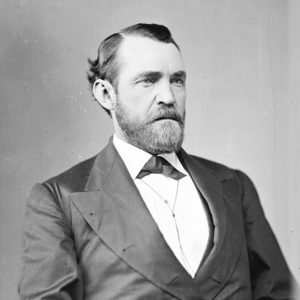 William W. Wilshire
William W. Wilshire
Wilshire, William Wallace
Wilson, Billy Roy
Wilson, George Nicholas (Nick)
Wilson, Michael Kenneth (Mike)
 Nick Wilson
Nick Wilson
Wilson, Robert Edward Lee
 Winding Staircase
Winding Staircase
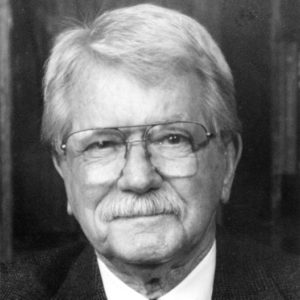 Gus Wingfield
Gus Wingfield
Wingfield, James Gus
Wingo, Effiegene Locke
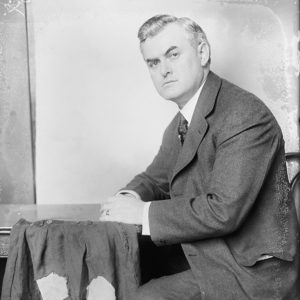 Otis T. Wingo
Otis T. Wingo
Wingo, Otis Theodore
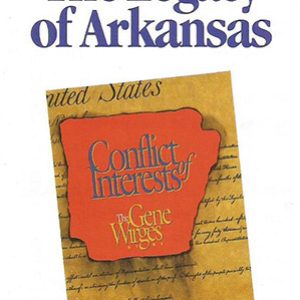 Wirges Book
Wirges Book
Wirges, Gene
Witt, Allen Rufus
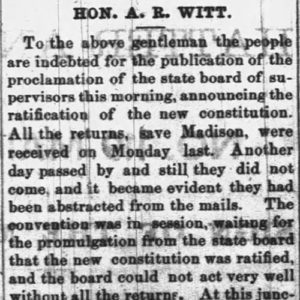 Allen Rufus Witt Story
Allen Rufus Witt Story
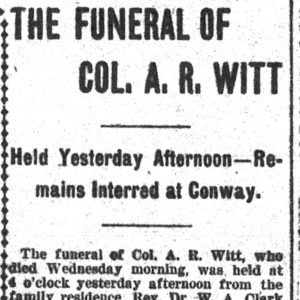 Allen Rufus Witt Death
Allen Rufus Witt Death
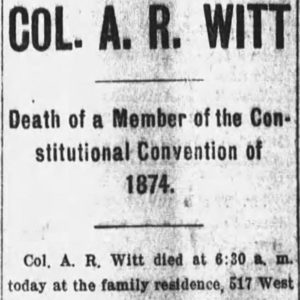 Allen Rufus Witt Death
Allen Rufus Witt Death
 James L. Witt
James L. Witt
Witt, James Lee
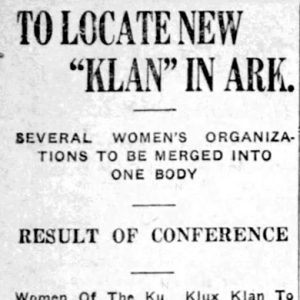 WKKK Article
WKKK Article
Wolf, Jacob
Wolf, Judy Chaney Petty
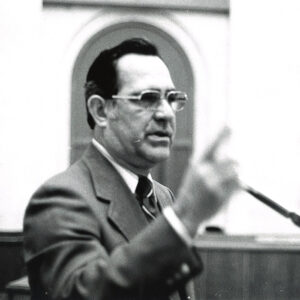 J. A. Womack
J. A. Womack
Womack, Stephen Allen (Steve)
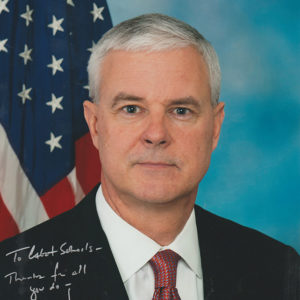 Steve Womack
Steve Womack
Women of the Ku Klux Klan (WKKK)
Women’s Suffrage Movement
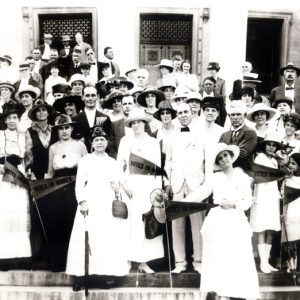 Women's Suffrage Rally
Women's Suffrage Rally
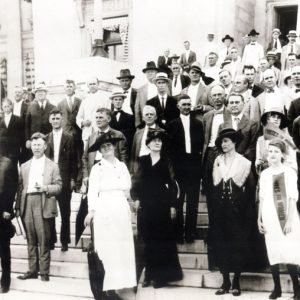 Women's Suffrage Rally
Women's Suffrage Rally
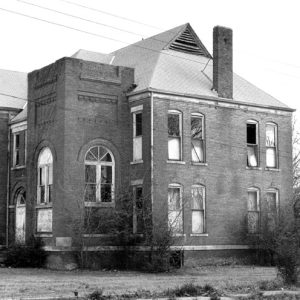 Old Woodruff County Courthouse
Old Woodruff County Courthouse
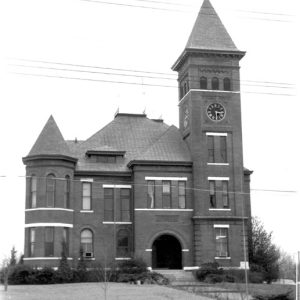 Woodruff County Courthouse
Woodruff County Courthouse
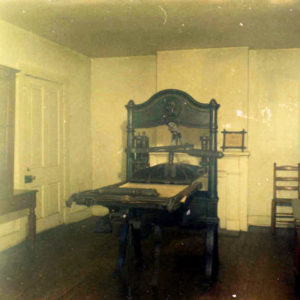 Woodruff Printing Press
Woodruff Printing Press
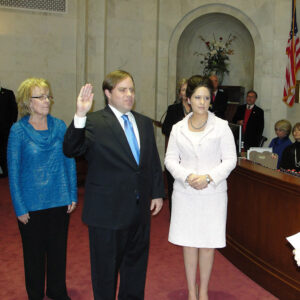 Jon Woods
Jon Woods
 Woodward Death Story
Woodward Death Story
Woodward, John Wesley
Wool Hat Boys
Works Progress Administration (WPA)
World War II Ordnance Plants
aka: Arkansas Ordnance Plant (AOP)
aka: Maumelle Ordnance Works (MOW)
aka: Southwestern Proving Ground (SPG)
aka: Ozark Ordnance Works (OOW)
aka: Shumaker Naval Ammunition Depot (NAD)
World War II Prisoner of War Camps
aka: Prisoner of War Camps (World War II)
aka: Prisoners of War Camps (World War II)
aka: POW Camps (World War II)
WPA Slave Narratives
aka: Slave Narratives
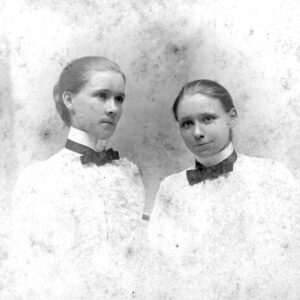 Wyatt Sisters
Wyatt Sisters




